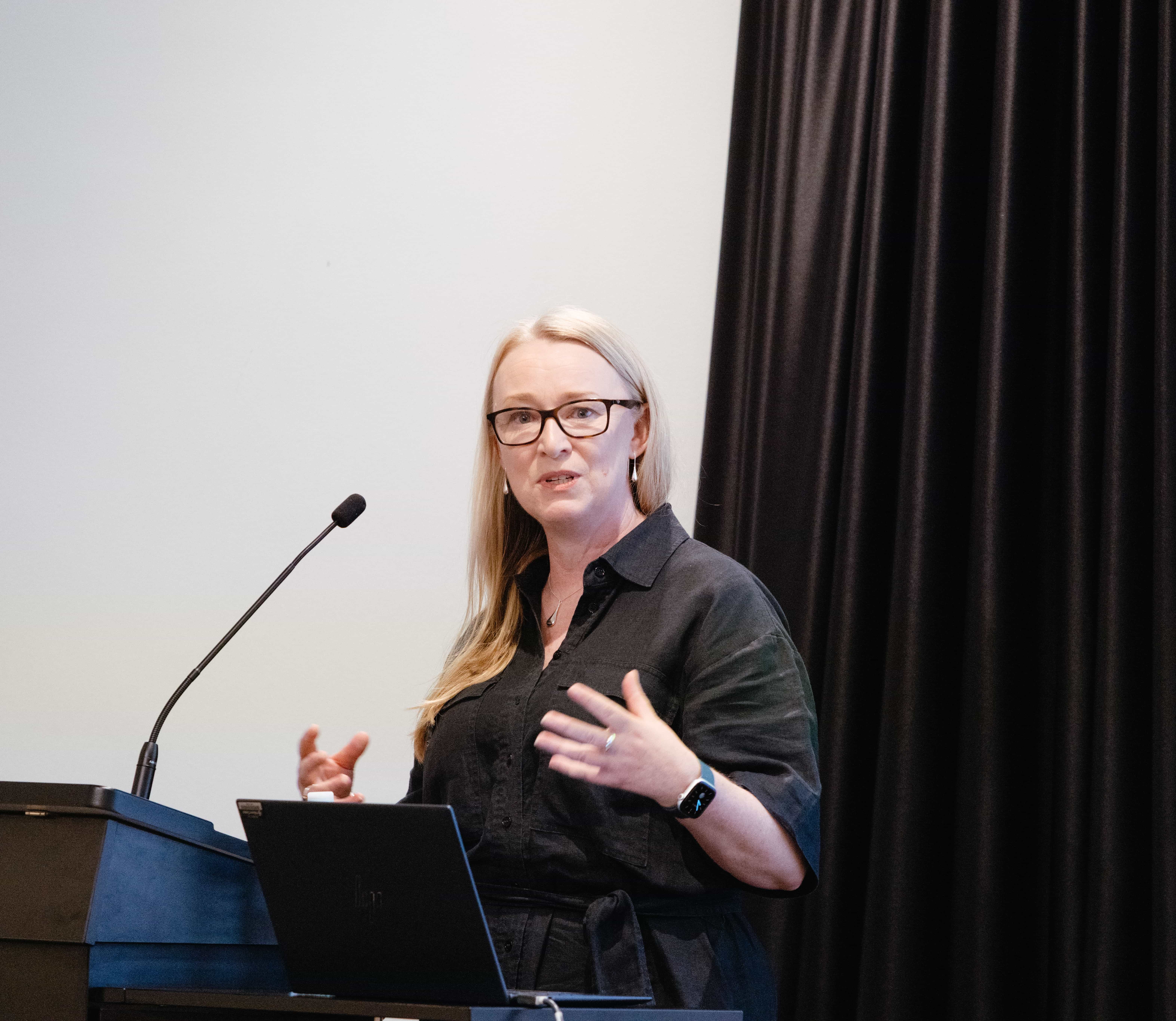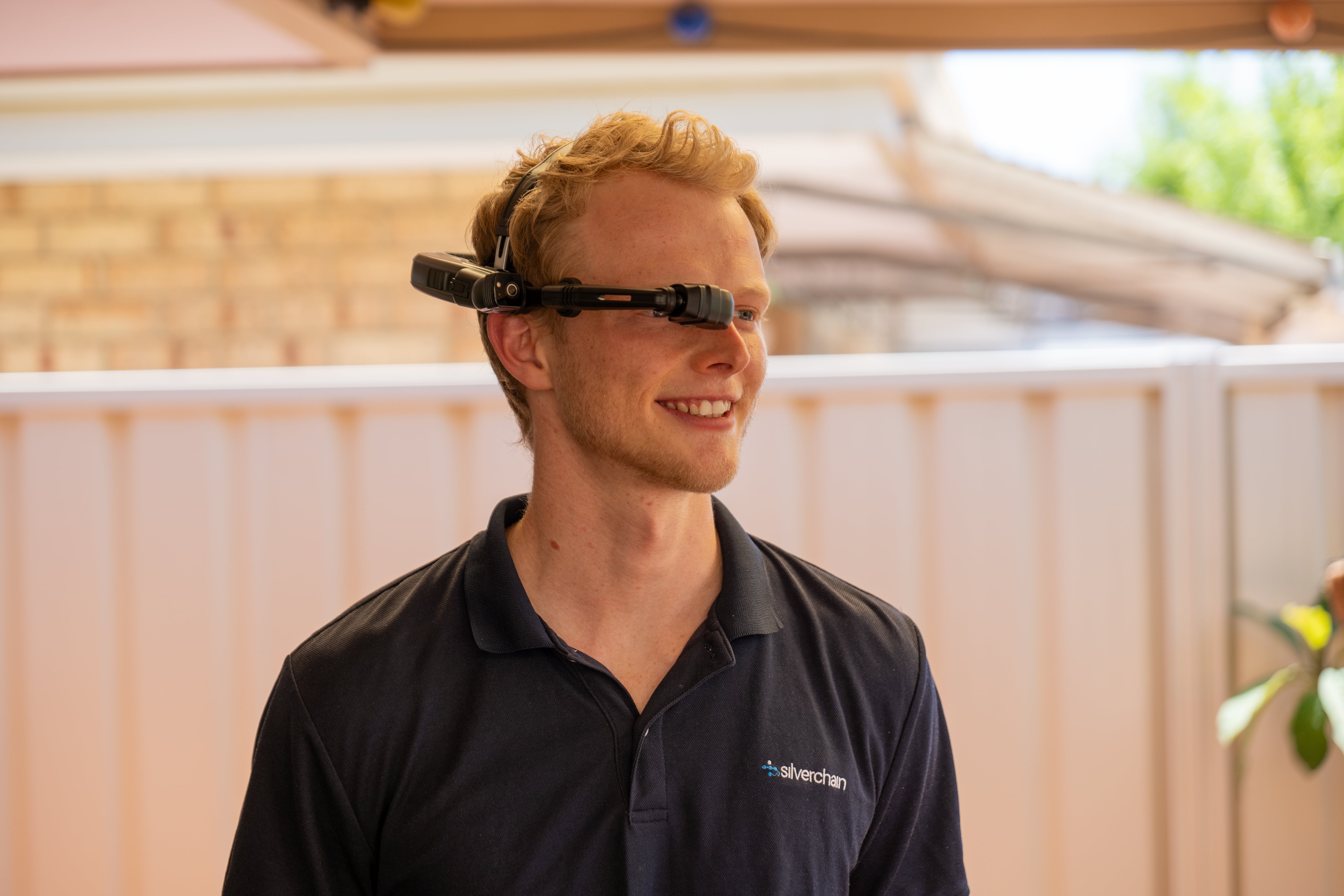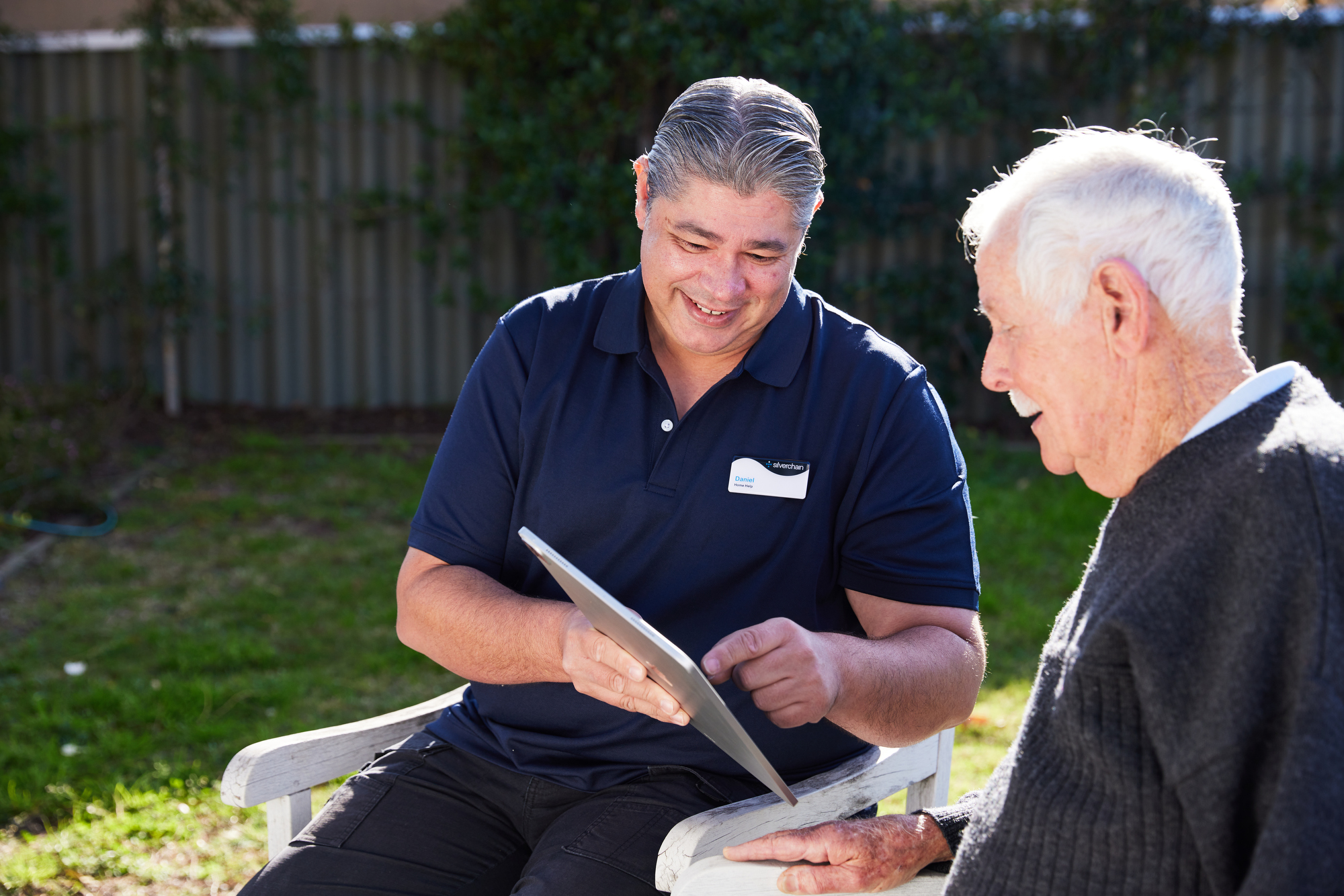- Home
- Latest news from Silverchain
- New research project receives major NHMRC grant
New research project receives major NHMRC grant
People living in the community with hard to heal venous and lymphoedema associated leg ulcers will benefit from a new research project. Researchers from Silverchain and partners Curtin University, Edith Cowan University, Sir Charles Gairdner Hospital (SCGH) and Royal Perth Hospital are researching the different factors that influence how these ulcers heal.
LEAKY LEGS, an acronym for Leg oedema assessment and knowledge yield in leg oedema and gait study, has secured nearly $1 million ($999,820) in funding through the National Health and Medical Research Council’s (NHMRC) Collaborations in Health Services Research grant.
The funding will support a multidisciplinary team of researchers to investigate how to best manage leg ulcers in community patients. These researchers will be collaborating on community health and aged care delivery, health services research, wound care, vascular surgery, nutrition and food innovation, co-design, consumer engagement, service optimisation, data analysis and research translation.
The lead researcher is internationally renowned wound expert Professor Keryln Carville, who holds dual roles at Silverchain and Curtin University’s School of Nursing.
“More evidence is needed to help us reduce wound healing times for those with ‘leaky legs’ and consequently improve quality of life for those who experience this problem,” Professor Carville said.
“We know improving healing times and providing care within a person’s home will also help reduce health care costs by minimising unplanned hospital presentations and premature transition to residential aged care,” Professor Carville said.
“Many patients with venous disease and lymphoedema suffer from chronic fluid retention (oedema). These conditions can limit their mobility and affect their quality of life. With Australia’s ageing population and increased rates of chronic conditions such as diabetes, the prevalence, impact, and cost of treating leg ulcers is increasing.
“We are grateful the NHMRC has recognised the potential of this project, and the long term benefits this research can provide to Australians with leg ulcers, as well as to the broader health care system.”
Researchers at the Nutrition & Health Innovation Research Institute Edith Cowan University, including Professor Joshua Lewis, Dr Liezhou Zhong and Dr Lauren Blekkenhorst, will develop novel food products and nutritional strategies to improve the nutritional status of patients with leg ulcers.
“This collaborative research project will be looking at how we can improve the services that these people receive and will investigate the better management of those wounds,” Professor Lewis said.
Professor Shirley Jansen, Head of Department of Vascular and Endovascular Surgery at SCGH, said the Specialist Multidisciplinary Leg Ulcer Clinic at SCGH is seeing a lot of patients who are suffering because of complex end stage disease from these conditions.
“This much-needed grant will enable our team of experts to undertake multipronged research across primary and tertiary care, investigating how we can prevent complications and reduce the impact on patients and their carers,” Professor Shirley said.
“It is a neglected area of research which has high personal and health care costs.”
Silverchain’s National Director Research & Evidence, Adjunct Professor Karen Smith, said the project would improve leg ulcer care and outcomes for patients, and reduce costs and presentations to the Australian health care system.
“We will also use the findings to develop prevention and treatment policy recommendations for implementation both in Australia and internationally,” Adj Prof Smith said.
Read more about Silverchain's Research & Innovation work by clicking here.



